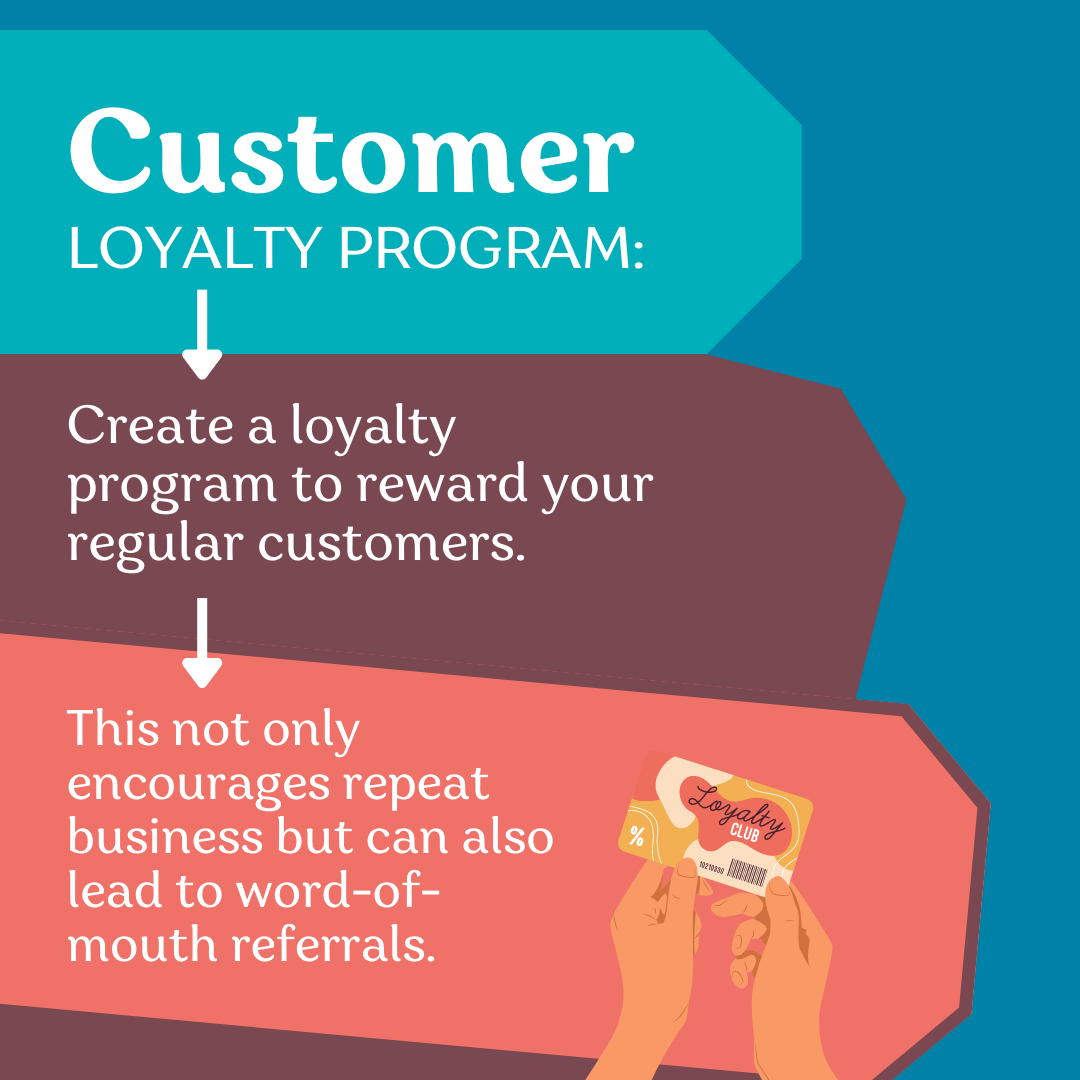
Table Of Contents
Challenges in SaaS marketing and how to overcome them
Challenges in SaaS marketing can be multifaceted and demanding for a SaaS Marketer in Toronto with fierce competition in the industry, one of the primary challenges is standing out in a crowded market. It becomes crucial for SaaS companies to clearly define their unique value proposition and effectively communicate this to their target audience. Additionally, navigating the fast-paced technological advancements poses another obstacle. The rapidly evolving landscape calls for continuous adaptation and staying updated with the latest trends and tools to remain competitive.
Another significant challenge faced by SaaS Marketers in the Distillery District, Toronto, is customer retention. In a subscription-based model, retaining customers is paramount for long-term success. Providing exceptional customer support, delivering on promises made during the sales process, and constantly engaging with customers to understand their evolving needs are essential strategies to enhance customer retention. By focusing on building strong relationships and delivering value consistently, SaaS companies can overcome the challenge of retaining customers and foster loyalty within their customer base.
Addressing customer retention in SaaS industry
One of the crucial aspects of success in the SaaS industry is customer retention. As a SaaS Marketer in Distillery District, Toronto, maintaining a loyal customer base can significantly impact the growth and stability of your business. Retaining customers not only ensures a consistent stream of revenue but also fosters brand advocacy and positive word-of-mouth promotion.
To address customer retention in the SaaS industry, it is essential to focus on providing exceptional customer service and support. By implementing proactive approaches such as personalized communication, timely resolution of issues, and continuous value delivery, SaaS companies can enhance customer satisfaction and loyalty. Moreover, leveraging data analytics and customer feedback can offer valuable insights into customer preferences and pain points, enabling SaaS marketers to tailor their strategies to meet the evolving needs of their client base.
Trends shaping the future of SaaS marketing
One of the key trends shaping the future of SaaS marketing is the increasing reliance on AI and automation. As technology continues to advance, SaaS marketers are finding innovative ways to leverage artificial intelligence and automation tools to streamline processes, personalize customer experiences, and drive targeted marketing campaigns. With the vast amount of data available today, AI can help SaaS marketers analyze customer behaviour, predict trends, and optimize marketing strategies for maximum impact. By embracing these technologies, SaaS companies can stay ahead of the curve and deliver more efficient and effective marketing campaigns to their target audience.
Another trend that is gaining momentum in the world of SaaS marketing is the focus on niche market segments. Instead of casting a wide net, SaaS marketers are increasingly tailoring their strategies to cater to specific industry verticals or customer segments. This targeted approach allows SaaS companies to better address the unique needs and pain points of their customers, leading to higher conversion rates and improved customer satisfaction. As a SaaS marketer in the Distillery District, Toronto, staying attuned to these emerging trends and adapting your marketing strategies accordingly will be crucial for staying competitive in the ever-evolving SaaS landscape.
Embracing AI and automation in SaaS marketing
Artificial Intelligence (AI) and automation are revolutionizing the landscape of SaaS marketing. Leveraging these technologies can offer significant advantages to SaaS companies in improving efficiency, streamlining processes, and enhancing customer experiences. A SaaS Marketer in Distillery District, Toronto, can utilize AI-powered tools to analyze vast amounts of data, gaining valuable insights that enable more personalized marketing strategies.
Automation plays a crucial role in SaaS marketing by automating repetitive tasks, such as email campaigns, lead scoring, and customer segmentation. By implementing automation tools, SaaS companies can free up their marketing teams to focus on higher-value tasks like creating innovative campaigns and engaging with customers. In the competitive SaaS industry, embracing AI and automation is no longer optional but essential for staying ahead of the curve and delivering exceptional results to customers.
Measuring success in SaaS marketing efforts
Measuring success in SaaS marketing efforts is crucial for evaluating the effectiveness of campaigns and making informed decisions for future strategies. It provides valuable insights into the return on investment (ROI) and helps SaaS companies understand the impact of their marketing initiatives. As a SaaS Marketer in Distillery District, Toronto, tracking key metrics such as customer acquisition cost, customer lifetime value, conversion rates, and churn rate is essential to gauge the overall performance of marketing campaigns.
Moreover, utilizing analytics tools and software can aid SaaS companies in collecting and analyzing data to measure the success of their marketing efforts accurately. By leveraging these tools, SaaS Marketers in Distillery District, Toronto can track user engagement, monitor website traffic, and assess the performance of various marketing channels. This data-driven approach enables marketers to optimize their strategies, allocate resources effectively, and ultimately achieve their business objectives in the competitive SaaS industry.
Tracking key metrics for SaaS marketing campaigns
Tracking key metrics is essential for a SaaS Marketer in Distillery District, Toronto to gauge the effectiveness of their marketing campaigns. By analyzing metrics such as customer acquisition cost, customer lifetime value, churn rate, and conversion rate, marketers can gain valuable insights into their campaign performance and make data-driven decisions to optimize their strategies. These key metrics provide a comprehensive view of the campaign's success and help in identifying areas that require improvement for better ROI.
Moreover, tracking metrics related to user engagement, such as website traffic, click-through rates, and time spent on the platform, can provide valuable insights into customer behaviour and preferences. Understanding how users interact with the software can help SaaS marketers tailor their marketing strategies to better meet the needs and expectations of their target audience. By continuously monitoring and analyzing these key metrics, SaaS Marketers in Distillery District, Toronto can adapt their campaigns in real-time, ensuring maximum impact and ROI.
FAQS
What is SaaS marketing?
SaaS marketing refers to the strategies and techniques used to promote and sell software as a service (SaaS) products to potential customers. It involves creating awareness, generating leads, and converting prospects into paying subscribers for cloud-based software solutions.
How is SaaS marketing different from traditional marketing?
SaaS marketing focuses on selling subscription-based software services that are hosted in the cloud, whereas traditional marketing typically involves promoting physical products or one-time software purchases. SaaS marketing often requires a different approach due to the recurring revenue model and the need to continuously engage and retain customers.
What are some key components of a successful SaaS marketing strategy?
A successful SaaS marketing strategy typically includes elements such as targeted content marketing, effective lead generation tactics, personalized customer experiences, ongoing customer engagement through email marketing and social media, and data-driven decision-making to optimize campaigns and conversions.
Why is customer retention important in SaaS marketing?
Customer retention is crucial in SaaS marketing because acquiring new customers can be costly, and retaining existing customers can lead to higher lifetime value and increased revenue. By focusing on customer retention strategies such as providing excellent customer support, offering product upgrades, and implementing loyalty programs, SaaS companies can reduce churn rates and increase profitability.
How can SaaS companies leverage AI and automation in their marketing efforts?
SaaS companies can leverage artificial intelligence (AI) and automation tools to streamline marketing processes, personalize customer experiences, analyze data more efficiently, and improve overall campaign performance. By using AI-powered chatbots, predictive analytics, and marketing automation platforms, SaaS companies can enhance lead generation, customer segmentation, and conversion rates.
What are some key metrics to track for measuring success in SaaS marketing campaigns?
Some key metrics to track for measuring success in SaaS marketing campaigns include customer acquisition cost (CAC), customer lifetime value (CLV), churn rate, monthly recurring revenue (MRR), conversion rates, customer retention rates, and engagement metrics such as click-through rates and time spent on the website. By analyzing these metrics, SaaS companies can identify areas for improvement and optimize their marketing strategies for better results.




